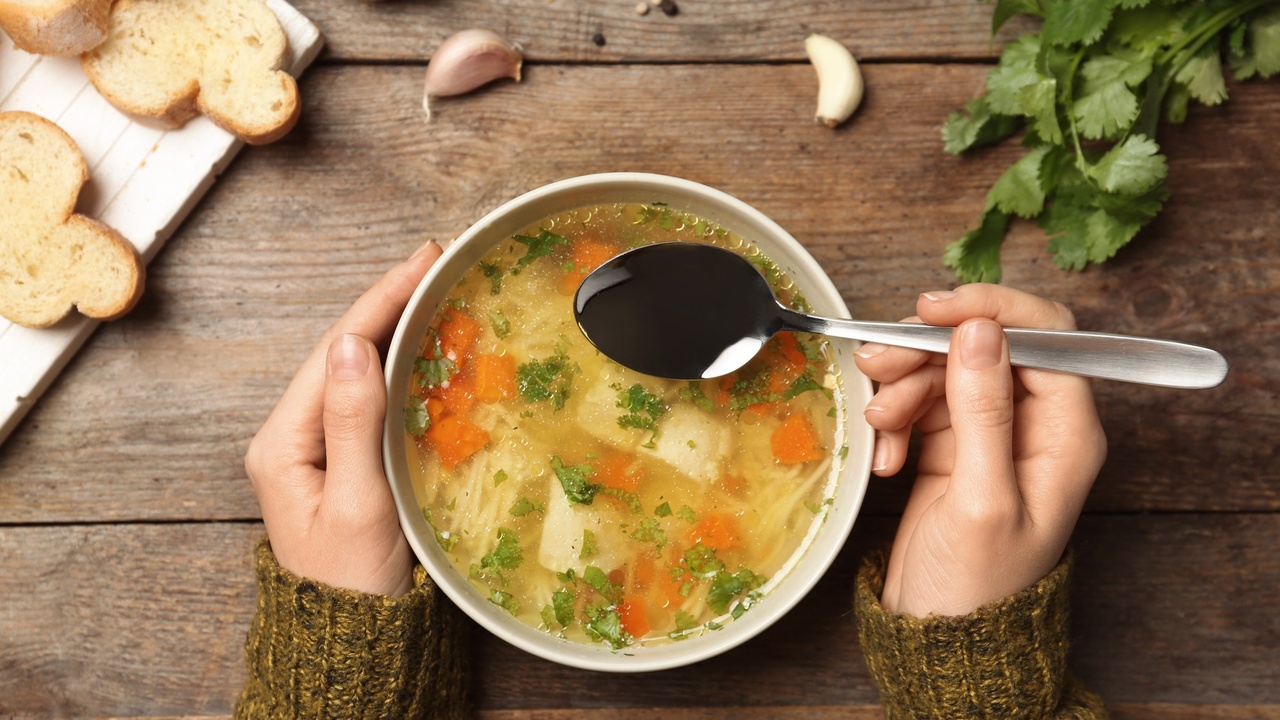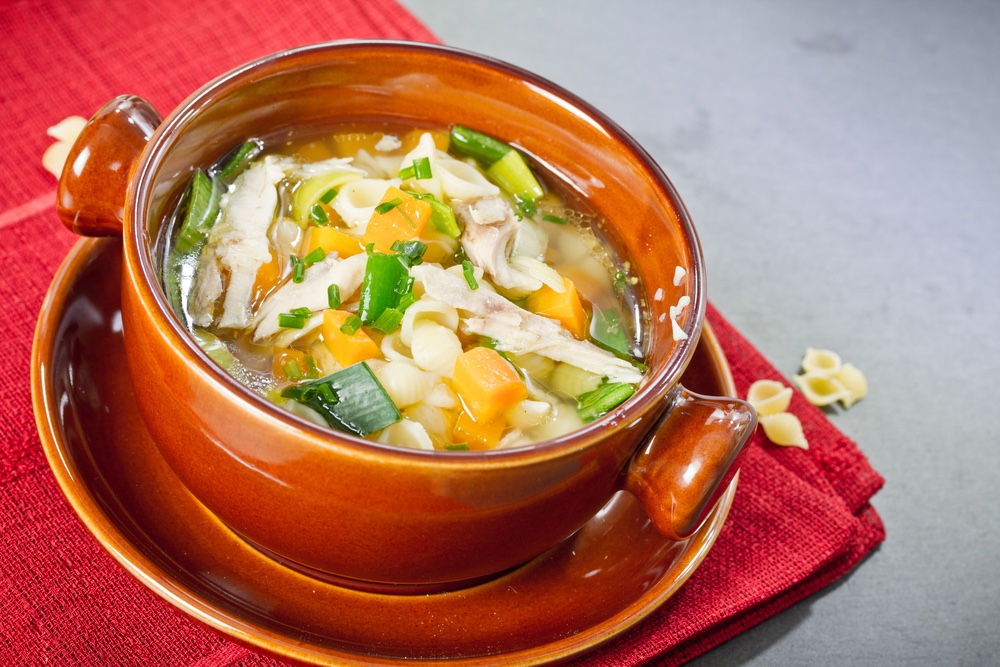Meals for Mamas

Food can be the best medicine, especially after recovering from a big event like childbirth. Pregnancy, birth and breastfeeding place extra demands on the body that can easily lead to nutritional deficiencies.
During postpartum, new families need lots of nourishment. But they are also really short on time. Good nutrition can be one of the first things to fall to the wayside.
That’s where we can help!
I’ve been caring for Northern Rivers families for 15 years. I’m a masseuse, doula and lactation counsellor. I used to also cook for my clients but I found I got too busy trying to ‘do it all’. So, I reached out to Mish from The Mastication Co and to my delight she said yes to collaborating with me.
Mish is an incredible nutritionist and chef based in the Northern Rivers. She is passionate about helping families feel nourished with delicious meals. She understands the nutritional needs during postpartum and has designed our menu to be as supportive as possible. Mish has a strong focus on evidence based wellness within a holistic framework.
Food as medicine
Food can be so healing and help the new mother to restore lost nutrients, help with recovery and boost breastmilk supply. We know that easy-to-digest meals are best during postpartum. Mish makes delicious soups, broths and curries and other yummy treats that help with lactation/breastfeeding and healing.
Studies have shown that pregnancy and lactation can deplete nutrients that are also critical for mental health. This is one of the reasons why postnatal depression is so common in the year after birth. Replenishing these nutrients with wholesome food can alleviate many ailments. Receiving proper nutrition and care can decrease the risk of depression and promote physical, mental and emotional wellbeing and healing.
Some postpartum meal guidelines (from The First Forty Days book)
Food should be easy to digest
During pregnancy, the abdominal organs get quite squished and can lead to digestion that is slower and weaker. Foods like warm soups are particularly healing after birth, especially in the first week or two. It takes less energy for the body to digest a warm soup. Nutrients can be absorbed easier as well. Soup is considered a ‘go-to’ meal when convalescing or recovering and healing.
Food should be warm
In order to ‘warm the digestive fire’, foods should also be served warm or hot. Try to avoid having cold drinks or food from the fridge. Let it warm to at least room temperature first. Warming foods help improve blood flow to the vital organs and decrease any after-pain cramping.

Include good fats
Be sure to include good fats into your postpartum meals. These help enrich breastmilk and help baby’s nervous system and brain to grow and thrive. Try to include foods like avocado oil, coconut oil, sesame oil, oily fish, meat and/or butter into your postpartum meals. Good fats help your immunity, hormones, moods and brain function.
Let your village cook
Some of the common ‘postpartum protocols’ that new parents should follow are; rest, have proper nutrition and outsource usual responsibilities. This includes saying yes to help. During the first six weeks, ideally the mother is resting and meals are cooked for her. This is not something she should be trying to do herself one-handed and exhausted.
There’s no doubt that caring for a newborn makes it harder to find time for meal planning and cooking. But good nutrition is vital for the long term health of parents and babies. So, say yes to help during this crucial time in your life. Food can be your medicine during postpartum as well as bringing you more pleasure and vitality. Eating food that has been made with love, will heal you on so many levels.
Click here to find out more about --> The Postpartum Menu
Click here to find out more about --> Holistic Postpartum Care (including massages and meals)
Do you want to feel more confident about birth?
Download the free natural birth checklist!
It has practical tips and natural suggestions for the three stages of labor, a packing list for birth, pictures of useful labour positions and helpful hints for partners.


